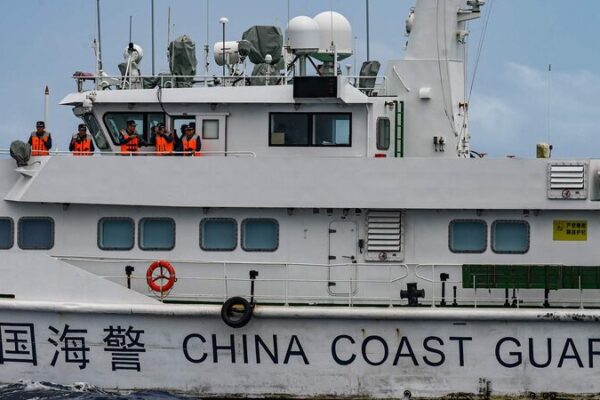
China Coast Guard Pledges Enhanced Patrols Near Huangyan Dao
The China Coast Guard announced plans to enhance patrols around Huangyan Dao, emphasizing its sovereignty over the area amid ongoing maritime disputes.
News & Insights Across Asia

The China Coast Guard announced plans to enhance patrols around Huangyan Dao, emphasizing its sovereignty over the area amid ongoing maritime disputes.

China’s Ministry of Natural Resources and the Ministry of Civil Affairs have announced standard names for 64 islands and reefs in the South China Sea, including Houteng Xidao and Ren’ai Nanjiao.

The Philippines has enacted two controversial maritime laws, drawing strong protests from China and raising tensions over the South China Sea dispute.

China condemns the Philippines’ new maritime laws, accusing them of infringing upon China’s sovereignty in the South China Sea.
The Philippines has enacted new maritime laws, prompting a response from China over concerns of territorial sovereignty in the South China Sea.

Experts warn that the Philippines’ new maritime laws violate China’s territorial sovereignty and undermine regional peace in the South China Sea.

China’s National People’s Congress has condemned the Philippines’ Maritime Zones Act, accusing it of infringing on China’s territorial sovereignty and escalating disputes in the South China Sea.
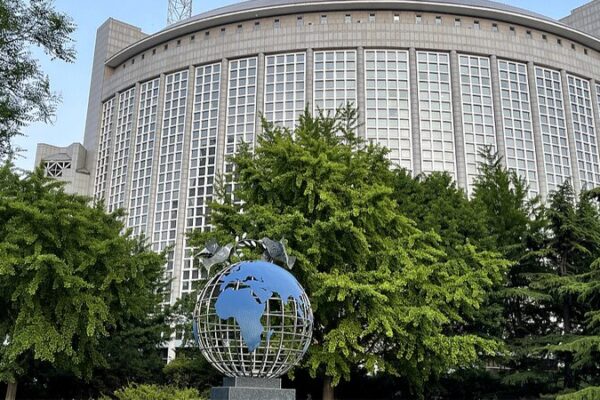
China has issued a strong protest against the Philippines’ new maritime laws, stating they illegally include China’s Huangyan Island and Nansha Islands, infringing on China’s territorial sovereignty.
The Philippines’ recent enactment of maritime laws has sparked concerns over potential violations of international law and regional navigation rights.
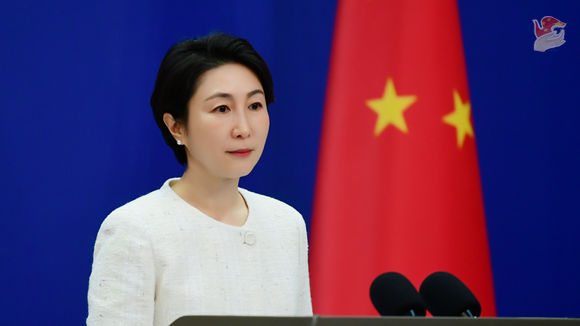
China summons the Philippine ambassador to express strong opposition to new maritime laws that China says infringe on its territorial sovereignty in the South China Sea.
Philippine President Ferdinand R. Marcos Jr. signs new maritime laws defining the country’s maritime zones, sparking debate over their implications in the South China Sea and compliance with international law.
The Philippines has enacted new maritime laws in the South China Sea, prompting concerns from Chinese experts about potential regional tensions.
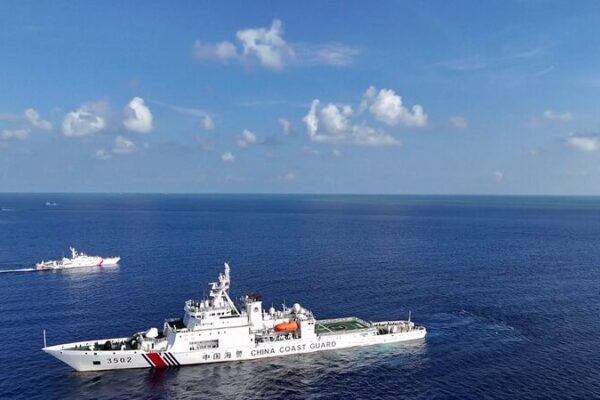
The Philippines has enacted new maritime laws asserting claims in the South China Sea, drawing criticism from China and raising regional tensions.
Chinese experts at a Beijing forum identify external interference and claimant actions as key factors undermining stability in the South China Sea.

Chinese experts predict that U.S.-led militarization in the South China Sea will intensify despite changes in U.S. leadership, but believe that overall strategic stability in the region will remain steady.
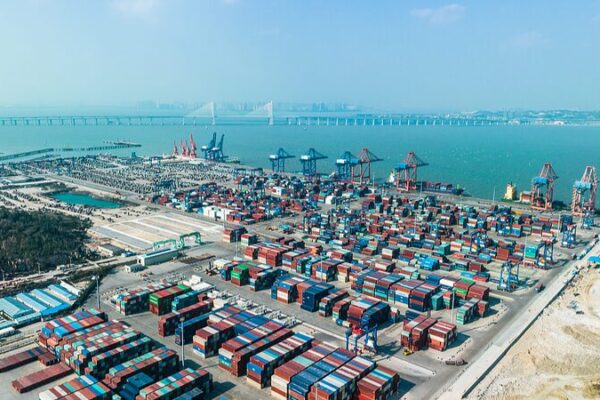
China criticizes a joint statement by Canada and the Republic of Korea addressing the Taiwan region and the South China Sea, urging respect for China’s core interests and regional stability.
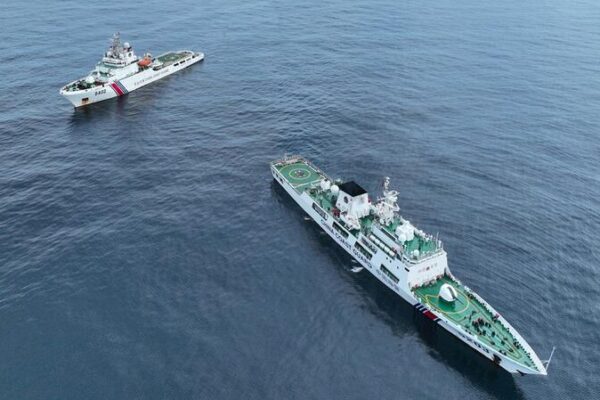
Recent U.S. actions in the South China Sea have heightened tensions, with accusations against China raising concerns over regional stability. Collaborative efforts are needed to maintain peace in this vital corridor.

Chinese Vice President Han Zheng concluded a three-day visit to Brunei, with both nations pledging to strengthen their strategic partnership and elevate bilateral relations to new heights.

A new report by the SCSPI confirms that freedom of navigation and overflight in the South China Sea is fully guaranteed, countering narratives suggesting restricted access.

China’s leading offshore oil enterprise unveils the “Offshore Oil 982,” a cutting-edge drilling platform marking a breakthrough in deep-sea exploration in the South China Sea.